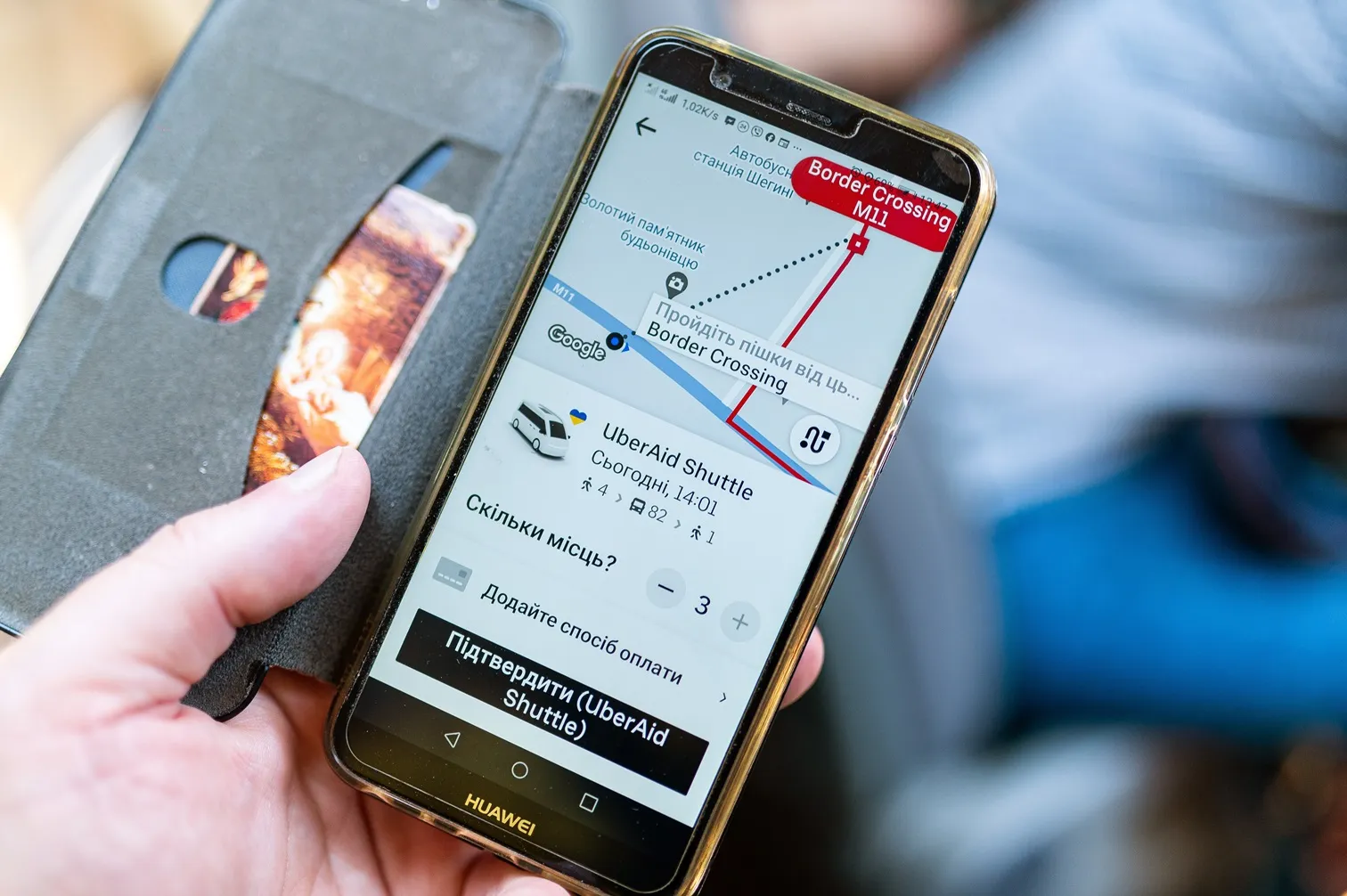Taxi app Uber has lost a court battle to stop Transport for London (TfL) from imposing strict new English reading and writing standards on private hire drivers, according to Reuters.
The company took legal action in August after TfL said that drivers should have to prove their ability to communicate in English, including to a standard of reading and writing which Uber said was too high. On Friday, a High Court judge rejected Uber's claim.
"TfL are entitled to require private hire drivers to demonstra
March 6, 2017
Read time: 2 mins
Taxi app 8336 Uber has lost a court battle to stop 1466 Transport for London (TfL) from imposing strict new English reading and writing standards on private hire drivers, according to Reuters.
The company took legal action in August after TfL said that drivers should have to prove their ability to communicate in English, including to a standard of reading and writing which Uber said was too high. On Friday, a High Court judge rejected Uber's claim.
"TfL are entitled to require private hire drivers to demonstrate English language compliance," Judge John Mitting said.
In the High Court, Uber had cited Tfl data that the language rules could mean about 33,000 private hire drivers out of a total of 110,000 operating in London would fail to renew licences over the next few years.
TfL's new rules are partly a response to protests from drivers of London's famous black cabs, who are concerned that Uber's over 30,000 drivers are undermining their business model by not meeting the same standards.
Uber did manage to overturn two other TfL proposals for drivers to have permanent private hire insurance and that it should operate a 24/7 call centre.
The decision is the latest setback for Uber in London after a tribunal ruled in October it should treat two drivers as workers and pay them the minimum wage and holiday pay. Uber is seeking to appeal the ruling.
The company took legal action in August after TfL said that drivers should have to prove their ability to communicate in English, including to a standard of reading and writing which Uber said was too high. On Friday, a High Court judge rejected Uber's claim.
"TfL are entitled to require private hire drivers to demonstrate English language compliance," Judge John Mitting said.
In the High Court, Uber had cited Tfl data that the language rules could mean about 33,000 private hire drivers out of a total of 110,000 operating in London would fail to renew licences over the next few years.
TfL's new rules are partly a response to protests from drivers of London's famous black cabs, who are concerned that Uber's over 30,000 drivers are undermining their business model by not meeting the same standards.
Uber did manage to overturn two other TfL proposals for drivers to have permanent private hire insurance and that it should operate a 24/7 call centre.
The decision is the latest setback for Uber in London after a tribunal ruled in October it should treat two drivers as workers and pay them the minimum wage and holiday pay. Uber is seeking to appeal the ruling.








